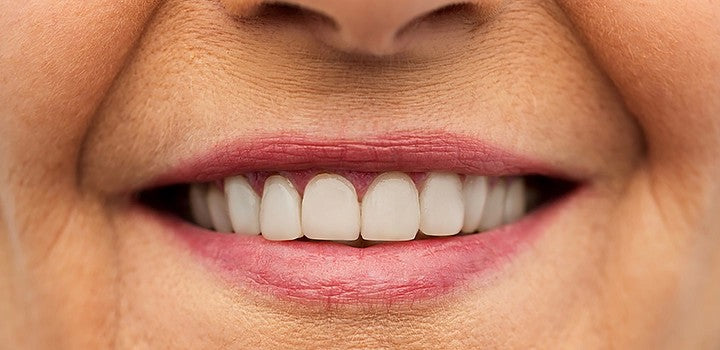Improving Oral Care For Special Needs And Elderly Patients And Loved Ones
If you are a caregiver for a special needs child or adult, or an aging loved one, one of the many things you are responsible for is their oral hygiene. Brushing and flossing someone else’s teeth might feel a bit awkward at first, but with the right tools and a bit of practice—can be streamlined.
Make Flossing Easy
Traditional tooth floss certainly gets the job done, but can be challenging when flossing someone else’s teeth—particularly their back teeth. For this reason, many care givers skip flossing, but there are plenty of alternatives to traditional tooth floss. Some of the most common alternatives include:
- Dental picks
- Water irrigation
- Interdental brushes
- Power flossers
You may have to try a few before you find the right one. If your special needs patient or family member does not have the patience for daily flossing, aim for every other day.
Selecting The Best Handheld Toothbrush
There is an endless option of handheld toothbrushes to choose from, but your priorities are a bit different when brushing someone else’s teeth. When you select a new toothbrush for your teeth, you pick one that feels comfortable for you. However, you can’t tell if a toothbrush is comfortable for your special needs client, and they may not be able to tell you ifit’s uncomfortable. For this reason, err on the side of caution, and always brush gently. Select a toothbrush with a small brush head and soft bristles—that you switch out every 90 days. Also, look for manual and electric toothbrushes with multiple brush heads, designed to slash brushing time in half.
Electric Or Self-Adjusting Toothbrush
There are many challenges that come with brushing someone else’s teeth, particularly that you can’t feel if you are brushing at the proper 45-degreeangle. The farther back in their mouth you get, the more difficult this is to determine. You may be able to ease this process with an electric or self-adjusting toothbrush. However, not everyone likes the feel or sound of electric toothbrushes—so this may not be an option.
When switching to a sonic tooth brush, remember that it may take a few weeks for gums to adjust to the new sensation. Gums may even bleed a bit at first. Start by using an electric brush every other day, and slowly build up to twice daily.Electric toothbrushes are also a perfect way to empower special needs loved ones to brush their teeth with minimal assistance.
Selecting The Right Toothpaste
Many caregivers are worried about their patient or loved one swallowing their toothpaste. Remember, that all you need is a pea-sized amount of toothpaste to get the job done. For toddlers, small teeth, or only a few teeth—a smear is sufficient. To eliminate the worry of swallowing, dissolve toothpaste in a few teaspoons of water before brushing. Don’t underestimate the importance of selecting the right toothpaste. Test a few pastes and gels to find one that feels good. Avoid whitening formulas and baking soda pastes as they can be abrasive, and because your patient may not be able to explain that it stings or burns.
Make Brushing Fun
Making daily oral care comfortable is a top priority, but also try to make all activities of daily living fun. This will vary depending on your patient’s age, and skill level. A few tips to consider include:
- Playing music or singing a song while you brush
- Creating a rewards system for every successful brush and floss
- Buying a toothbrush in their favorite color
- Finding sparkly or tasty tooth paste
Rinse If You Can
If your special needs patient can swish and spit, follow up daily brushing and flossing with a fluoride rinse. If swishing isn’t possible, dip their rinsed toothbrush in a rinse—and gently spread across their teeth—with special attention to back teeth with deep concaves.
Finding The Right Dentist
While everyone should go in for cleanings and exam every 6 months, this is even more important for special needs patients. Dependent on their health concerns, they may even need to go in more than twice yearly.
As every care giver knows, not everyone has the patience required to work with elderly or special needs patients. This means you will need to find a dentist who can take the extra time and care to make your special needs patient comfortable. Don’t worry, there are dentists who have the bedside manner you are in need of—but it may not be your current family dentist.
Set a goal to brush twice daily, or after every meal—and floss once a day. Even if you can’t get two full minutes in each time, focus on at least two of the four quadrants each time you brush—ensuring that all teeth are brushed at least once a day.


